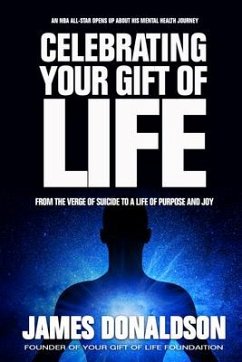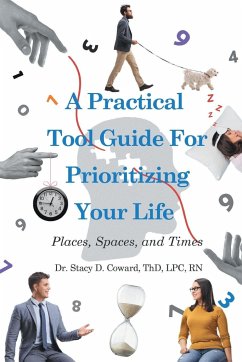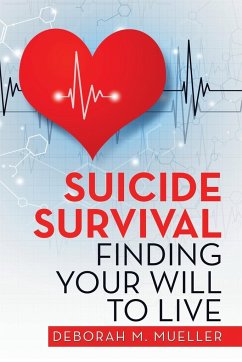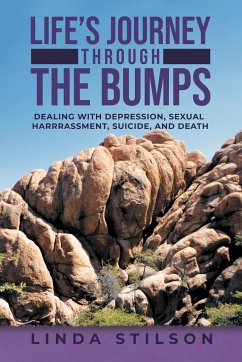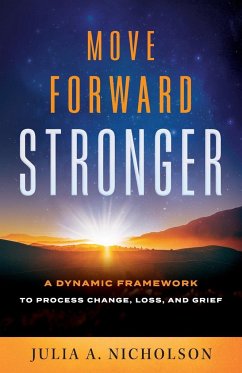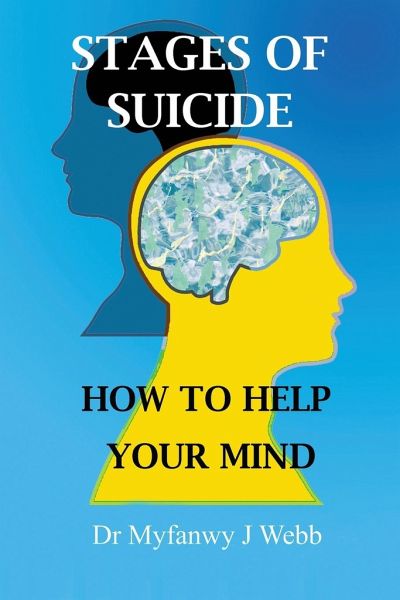
Stages of Suicide - How to Help Your Mind
Versandkostenfrei!
Versandfertig in 1-2 Wochen
9,99 €
inkl. MwSt.

PAYBACK Punkte
5 °P sammeln!
This is a short explanation of the six stages of suicide with practical activities to help you prepare and assist your mind in the event it becomes irrational and unsafe. Roy Baumeister, a social psychologist described these stages that people experience prior to carrying out suicidal acts. Included is a mind-monitoring tool to assist you in identifying if your mind is displaying signs of reacting within the various six stages. This tool provides actions you can do to support your mind. A link to a printable PDF of the tool is included. At the end of this guide, you can find a list of help cri...
This is a short explanation of the six stages of suicide with practical activities to help you prepare and assist your mind in the event it becomes irrational and unsafe. Roy Baumeister, a social psychologist described these stages that people experience prior to carrying out suicidal acts. Included is a mind-monitoring tool to assist you in identifying if your mind is displaying signs of reacting within the various six stages. This tool provides actions you can do to support your mind. A link to a printable PDF of the tool is included. At the end of this guide, you can find a list of help crisis hotlines for various countries. The more you understand how your thoughts and emotions respond in irrational ways the more you can transform your actions beyond the influence of an unhelpful mind to that of a supportive mind and live freely and fully. This is a useful resource for both clinicians and those people interested in supporting and understanding our irrational minds.





